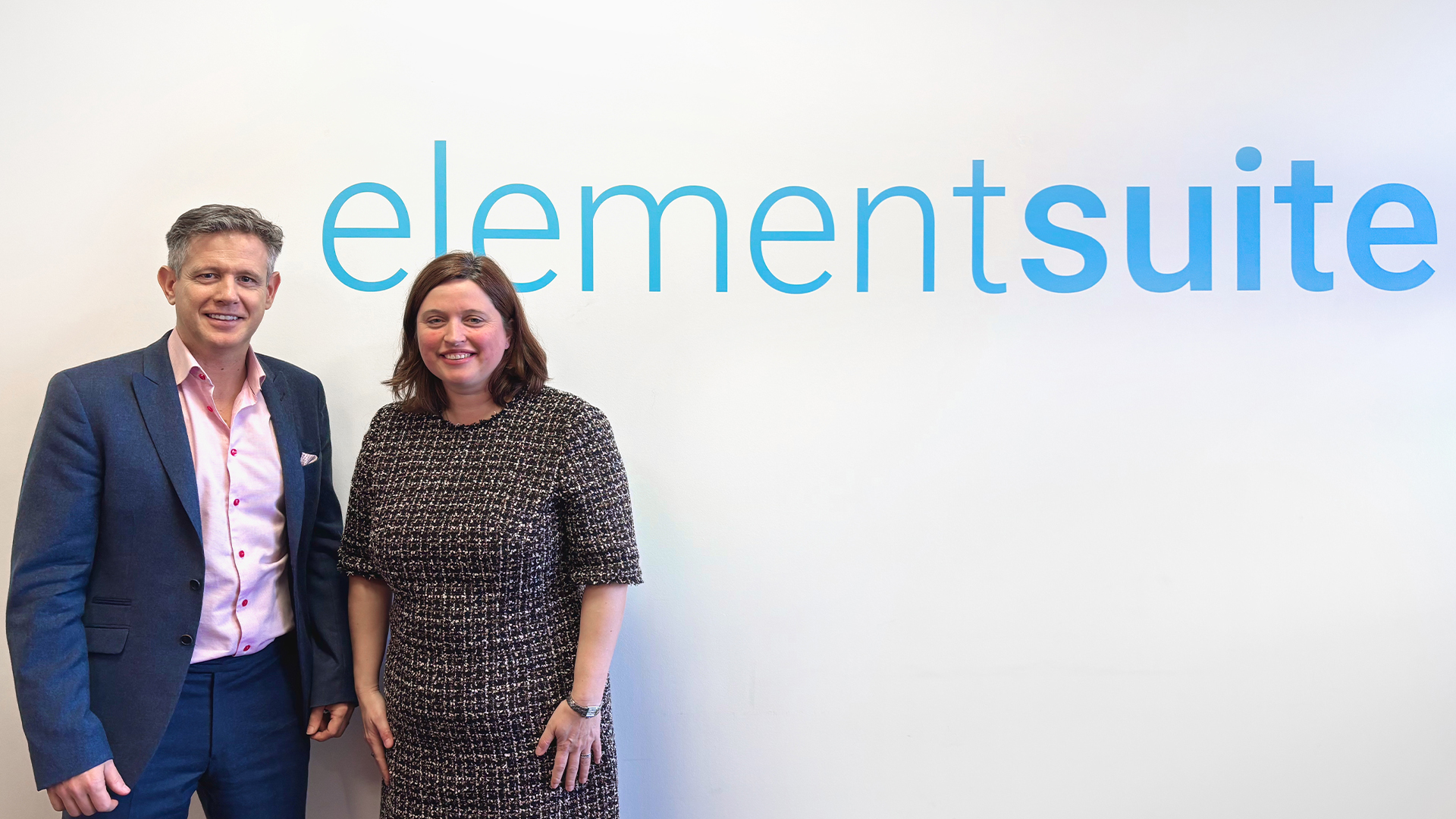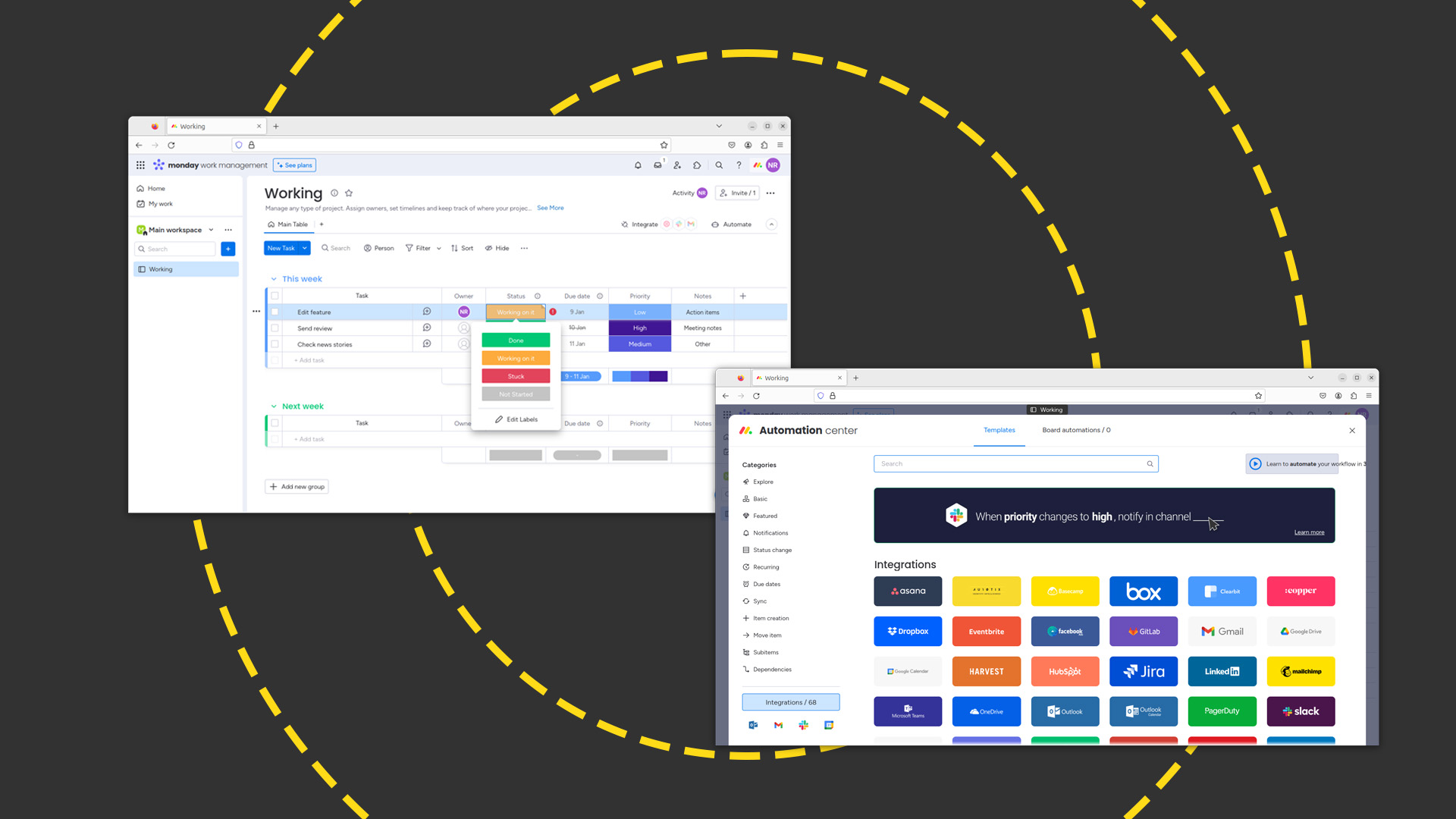Microsoft calls on users to ditch XP
Software giant Microsoft warns against holding onto XP until Windows 8 drops.

Microsoft has warned end users about waiting for the release of Windows 8 to ditch decade-old operating system, XP.
In a post on the software giant's Windows Team Blog, the firm reminded users that support for XP will cease on 8 April 2014, which means they need to start migrating to Windows 7 soon.
"Windows XP and Office 2003 were great software releases for their time, but the technology environment has shifted," said the blog post.
"Modern users demand technologies that fit their personal work[ing] style and allow them to stay productive, while businesses have an even increasing need to protect data and ensure security, compliance and manageability.
Windows XP and Office 2003 were great software releases for their time, but the technology environment has shifted.
"It is in a company's best interest to take advantage of the modern Windows and Office software that is designed with these needs in mind," it added.
The post also warned users not to wait until the release of Windows 8 and Office 2015 to dump XP, because of the support problems this could cause.
Get the ITPro daily newsletter
Sign up today and you will receive a free copy of our Future Focus 2025 report - the leading guidance on AI, cybersecurity and other IT challenges as per 700+ senior executives
"Not only is it important for companies to complete deployment before [XP] support runs out, but they should also be aware that upgrading to Windows 7 and Office 2010 [will help them] gain substantial results, while laying the foundation for future versions of these products," the blog post stated.
According to figures released by Microsoft last July at its Worldwide Partner Conference in Los Angeles, there are 300 million "business PCs" still running XP.
Speaking to IT Pro, Clive Longbottom, service director at analyst Quocirca, said, as long as XP continues to do what they need it for, businesses will be reluctant to part with it.
"There is also the economic climate to consider. Many organisations that had included a move to Windows 7 in their budgets rapidly canned that when the recession hit," Longbottom said.
"Then, Microsoft comes out with its plans for Windows 8. So why upgrade now to a platform that will be out of date within 12 months?"
Microsoft should make more of an effort to communicate the security and stability risks associated with XP to lure people on to Windows 7, he offered.
"Once the business understands the constraints and issues around XP, pressure will be applied to move things along to Windows 7 or Windows 8 - depending on how dynamic and hungry the organisation is," added Longbottom.
-
 Should AI PCs be part of your next hardware refresh?
Should AI PCs be part of your next hardware refresh?AI PCs are fast becoming a business staple and a surefire way to future-proof your business
By Bobby Hellard
-
 Westcon-Comstor and Vectra AI launch brace of new channel initiatives
Westcon-Comstor and Vectra AI launch brace of new channel initiativesNews Westcon-Comstor and Vectra AI have announced the launch of two new channel growth initiatives focused on the managed security service provider (MSSP) space and AWS Marketplace.
By Daniel Todd
-
 More than half of UK enterprises regret at least one software purchase – here’s how to prevent buyer’s remorse
More than half of UK enterprises regret at least one software purchase – here’s how to prevent buyer’s remorseNews More than half of UK enterprises regret at least one software purchase they've made in the last 18 months.
By Emma Woollacott
-
 Zellis snaps up AI-powered HR software firm elementsuite
Zellis snaps up AI-powered HR software firm elementsuiteNews Elementsuite will be integrated with Zellis’ own payroll and HR software offering
By Daniel Todd
-
 ‘SaaS dependency’ is becoming a major issue for tech leaders
‘SaaS dependency’ is becoming a major issue for tech leadersNews The survey highlighted issues around maintenance, innovation, and data
By Emma Woollacott
-
 Monday.com review: Work management platform works best when you pay for it
Monday.com review: Work management platform works best when you pay for itReviews The versatile 'Work OS' skilfully balances power, flexibility, and ease of use
By Nik Rawlinson
-
 Tiny11 review: Windows 11 with only 2GB of RAM
Tiny11 review: Windows 11 with only 2GB of RAMReview A version of Windows 11 for older machines that don't meet the full requirements
By Nik Rawlinson
-
 Red Hat Enterprise Linux becomes foundational operating system for Cohesity Data Cloud
Red Hat Enterprise Linux becomes foundational operating system for Cohesity Data CloudNews New strategic partnership between Red Hat and Cohesity aims to drive innovation in the data security and management space
By Daniel Todd
-
 Ubuntu shifts to four-week update cycle
Ubuntu shifts to four-week update cycleNews Critical fixes will also come every two weeks, mitigating the issues involved with releasing prompt patches on the old three-week cadence
By Richard Speed
-
 AlmaLinux follows Oracle in ditching RHEL compatibility
AlmaLinux follows Oracle in ditching RHEL compatibilityNews Application binary compatibility is now the aim with 1:1 now dropped
By Richard Speed